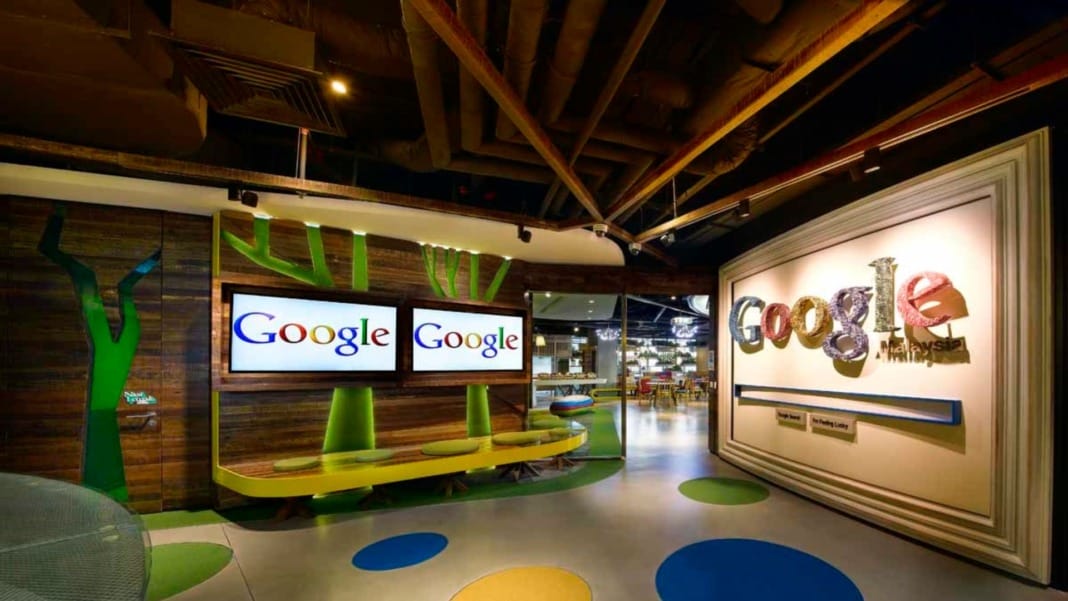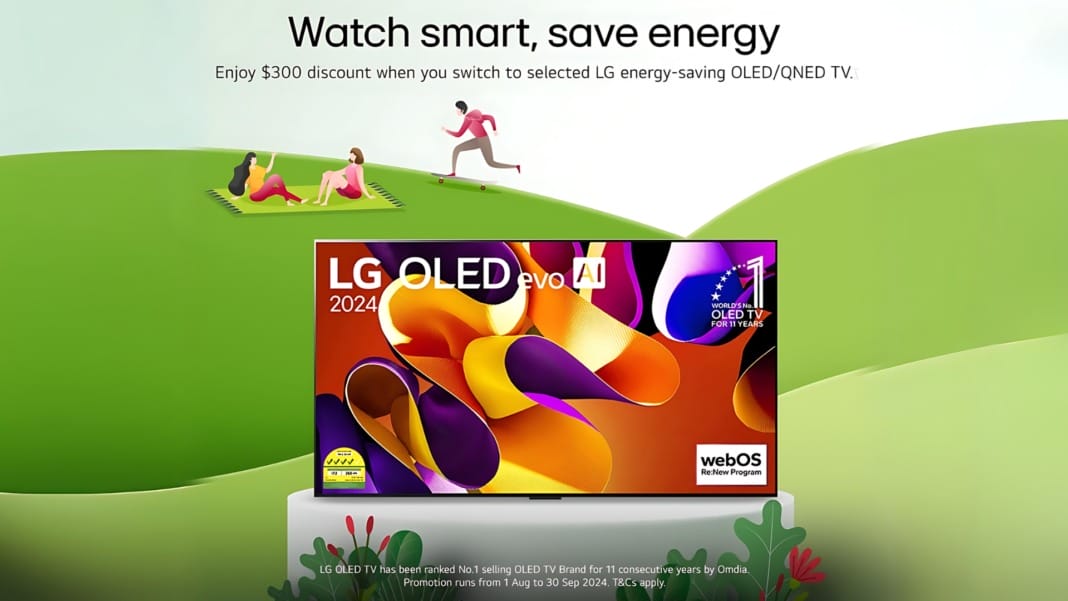Google is phasing out its Smart Campaigns, integrating their features into the newer Performance Max campaigns. This change will impact many advertisers who have relied on Google’s simplified campaign management tool, indicating a shift towards more advanced, AI-driven advertising solutions.
This update is important for advertisers who use Google’s tools to manage their campaigns. The move to Performance Max means you’ll need to adapt to a new system that aims to enhance ad performance across multiple platforms through artificial intelligence and machine learning.
The big picture
Performance Max is Google’s latest approach to digital advertising. It is designed to optimise ad performance across various platforms within Google’s ecosystem, including Search, YouTube, Display, and more. By leveraging AI, Performance Max customises results based on your specific business goals, aiming to provide a broader reach and improved efficiency.
Key features of Performance Max include:
- Broader reach: Your ads can appear across all of Google’s platforms, including Search, YouTube, and Display.
- AI-powered optimisation: Using advanced AI and machine learning, Google aims to maximise your ad performance automatically.
- Customised results: The system tailors its strategies to meet your business objectives.
What’s happening
Google will automatically upgrade existing Smart Campaigns to Performance Max campaigns. While no exact deadline has been set, you should be prepared to transition to this new system soon. This change aims to streamline Google’s advertising products and boost performance through AI-driven techniques.
In a letter to advertisers, Google stated, “This upgrade will drive even higher return on investment for advertisers to take advantage of Google AI and optimise towards your business goal.”
First seen
We first noticed this update on Adriaan Dekker’s LinkedIn, where he shared a letter one of his followers received from Google about the upcoming changes. Google plans to provide more information about the transition in the coming months.
<iframe src="https://www.linkedin.com/embed/feed/update/urn:li:share:7226131280315252736" height="941" width="504" frameborder="0" allowfullscreen="" title="Embedded post"></iframe>




